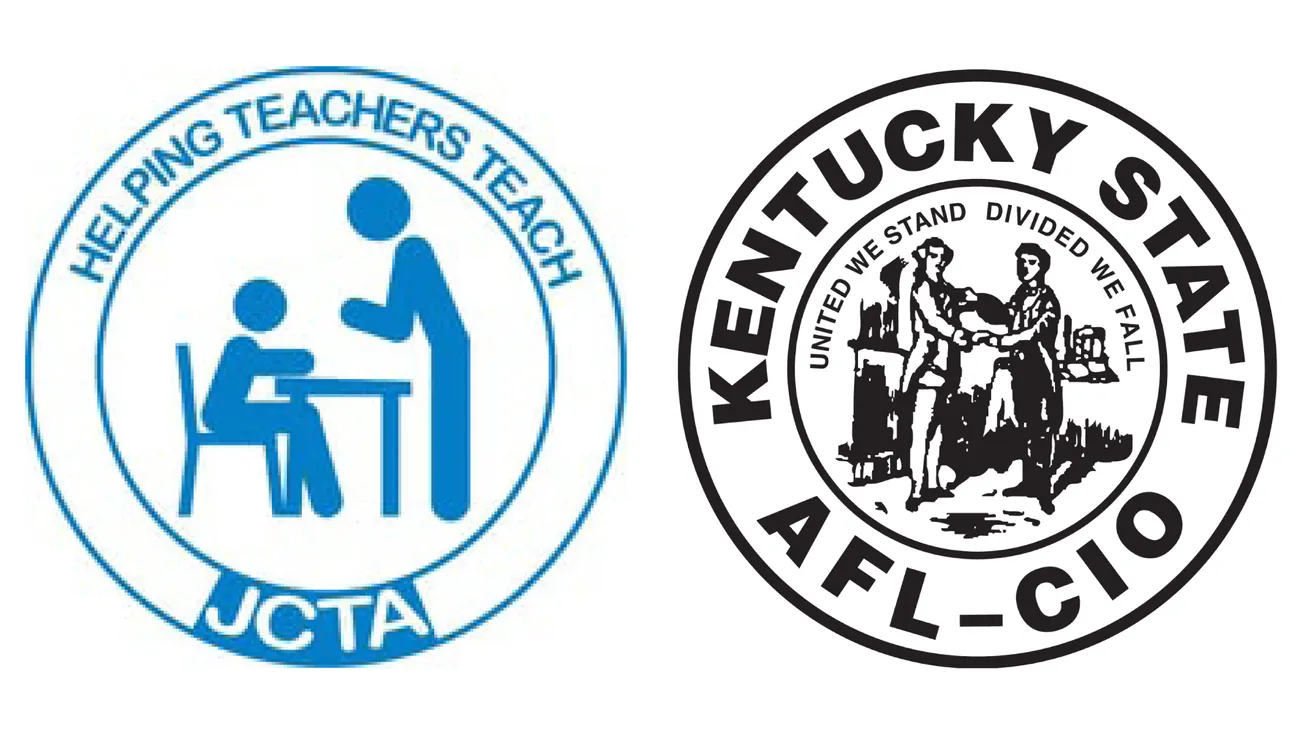As decision-makers go after the very assistance that hundreds of thousands of low-income Kentuckians use to help make ends meet, the harm to families and communities deepens. Erecting barriers to participation in food assistance, Medicaid, and other programs ignores what is really holding back Kentuckians: there are not enough quality jobs in the state, especially in rural communities.
A prime example is that more than 10,000 Kentuckians have lost food assistance in recent months as a result of the state’s decision to require some SNAP participants report their work hours every month. Yet many of these individuals are working – just in industries with unsteady employment and unpredictable hours. And many others live in areas with chronic job shortages and face other barriers to employment like systemic racism, health and transportation issues, or having a felony record.
Participation in the state’s SNAP Education and Training program (E&T) is supposed to give people who struggle to get enough work hours the ability to keep food assistance in the short term and to improve their economic mobility in the long term. But the program provides too few people with too little opportunity.
The fact so many have lost food assistance already, plus emerging evidence from Arkansas where thousands have lost health care as a result of similar barriers to Medicaid, foreshadows more difficulty for Kentuckians with low wages. The state’s own estimate of how many people will lose health care because of the barriers to Medicaid coverage it plans to implement nears 100,000. For those left with Medicaid coverage, many will forego needed medical care they qualify for due to the recently required co-pays.
Though a federal court could still rule against these new barriers to Medicaid (again), there is no sign the administration, nor Kentucky’s legislature, will abandon their efforts to cut this giant hole in our safety net.
At this point, there is no sign that the administration, nor the legislature, will abandon their efforts to cut a giant hole in our safety net. – Dustin Pugel, KCEPClick To Tweet
More recently, legislators have suggested that they would like to “reform” Kentucky’s Unemployment Insurance (UI) system, which really means they would like to cut the number of weeks someone can use UI while looking for another job – ultimately making it harder for people to get by and possibly pushing them into low-wage jobs they’re overqualified for. And just last session, legislators passed laws that make it harder to get worker’s compensation when folks get hurt on the job.
Proponents of attacks on safety net programs are adamant that barriers such as these – limits, red tape and hoops that ultimately reduce the support people and families receive – are meant to get people standing on their own feet. But decades of research show that work-reporting requirements fail to promote long-term, stable employment, while they succeed in stripping away needed assistance.
Decades of research show that work-reporting requirements fail to promote long-term, stable employment; instead, they succeed in stripping away needed assistance.Click To TweetTaking away food or medical assistance won’t create good, steady jobs. It won’t provide felony expungement, or overcome race and gender-related hurdles to economic mobility. These kinds of barriers to modest but vital assistance have never helped people stand on their own two feet; instead, they pull the rug out from under them.
Related Posts
What’s really keeping us from thriving? Bottom-of-the-barrel job quality standards and no “skin in the game” for employers. Kentucky’s minimum wage has been stuck at $7.25 for a decade now. Only half of private sector workers get health insurance from their employer. We don’t even require workplaces to provide pregnant moms with accommodations so they can stay healthy and safe on the job – let alone provide paid family or sick leave.
Kentucky workers need more from the economy than they are getting out of it today. Setting up tripwires to getting food, medical, and unemployment assistance only distracts us from the real issue at hand and hurts people in the process. We need federal and state policies aimed at creating more good quality jobs and fostering a higher standard of living. That will require public investments and new rules for the economy that protect workers and raise wages.
So let’s stop blaming the safety net and get to work.
–30–
Written by Dustin Pugel, policy analyst with the
Kentucky Center for Economic Policy.







